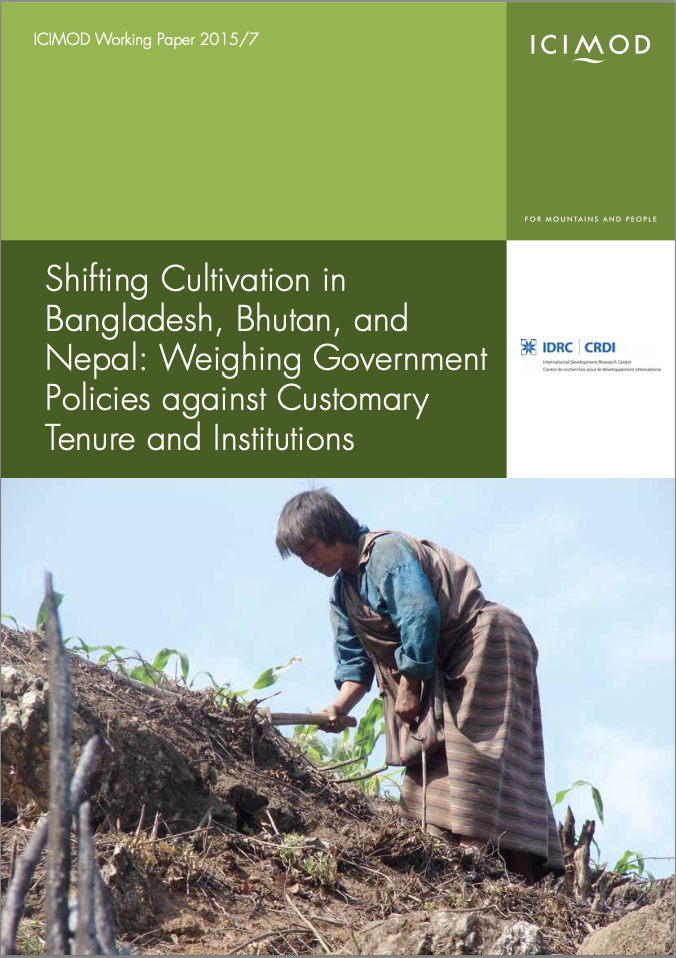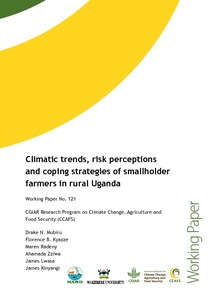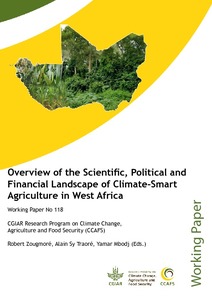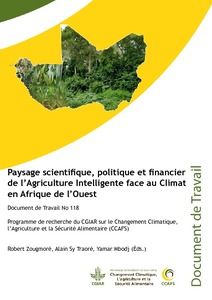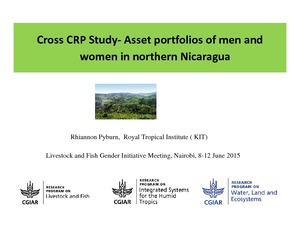Shifting Cultivation in Bangladesh, Bhutan, and Nepal: Weighing Government Policies against Customary Tenure and Institutions
Shifting cultivation is a dominant form of farming in the eastern Himalayas, practised by a diverse group of indigenous people from the most marginalized social and economic groups. The survival of these indigenous people and the survival of their forests are inextricably linked. However, policy makers and natural resource managers perceive shifting cultivation to be wasteful, destructive to forests, and unsustainable.

